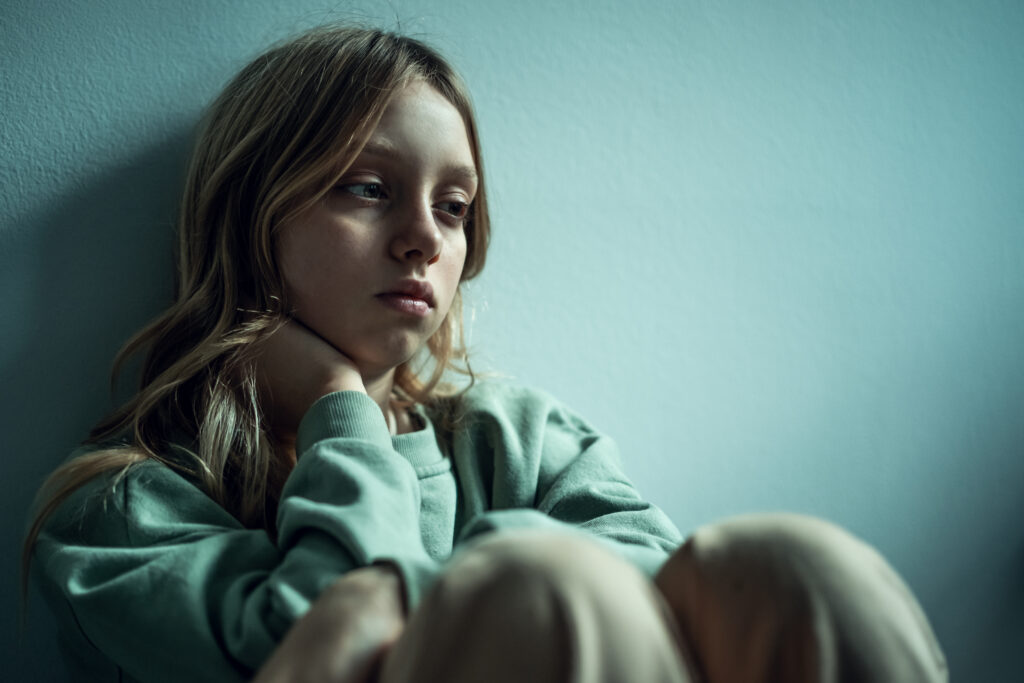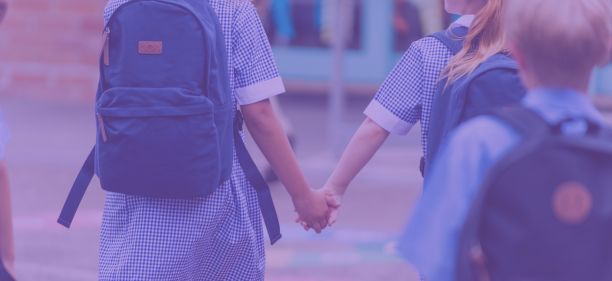
December 26th will be one of busiest days of the year for Childline with data showing a 12% increase in contacts made to Ireland’s only 24-hour listening service for children and young people
Dublin, December 26th, 2024 – Childline, today (St Stephen’s Day 2024), reveals that 820 children and young people contacted Ireland’s only 24-hour listening service during Christmas*, representing a 12% increase in connections made this year compared with Christmas 2023. The heartbreaking data complied over a three-day Christmas period (December 23rd, 24th and 25th) shows that:
For many children, Christmas is not a time of joy but one of fear and misery as they contact Childline to talk about: suicide, abuse, neglect, bereavement and loneliness
There has been a noticeable trend over the last year whereby those children engaging with Childline are at extremely high risk of harm. Sadly, such stark revelations come as no surprise to the dedicated team of staff and volunteers at ISPCC.
Elizabeth Donlon Fox, National Childline Listening Co-ordinator said: “Our data reveals that today, December 26th, will be one of the busiest days of the year for our team of staff and volunteers at Childline, and we expect that over 250 children and young people will reach out to us today because of something that has happened to them over Christmas.”
John Church, CEO, ISPCC said: “For too many children and young people, Christmas simply doesn’t happen. They turn to Childline for support, and our amazing staff and volunteers are there for them 24/7 over Christmas, as they are throughout the year. We depend on donations for up to 90% of the funding which keeps us listening 24 hours a day, seven days a week, 365 days of the year. Without this help, we would not be able to be here for every child who needs us.”
Additional statistics from Ireland’s only 24/7 listening service for children and young people reveal:
- * 50 children a year are in the process of trying to take their own life while on the phone to the Childline team
- * Over 200 actively suicidal children have contacted Childline during the last year
- * The Childline team has had 1,300 suicide-related contacts over the past 12 months
Too many children and young people don’t have the Christmas that they dream of and deserve. Instead, a day that should be full of joy is nothing special and sometimes a lot worse. To help Childline help those children whose Christmas dreams have turned to nightmares, go to ispcc.ie
*Christmas statistics refer to December 23, December 24 and December 25
ENDS



